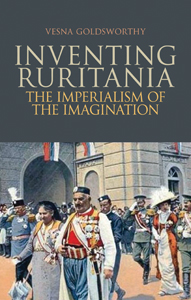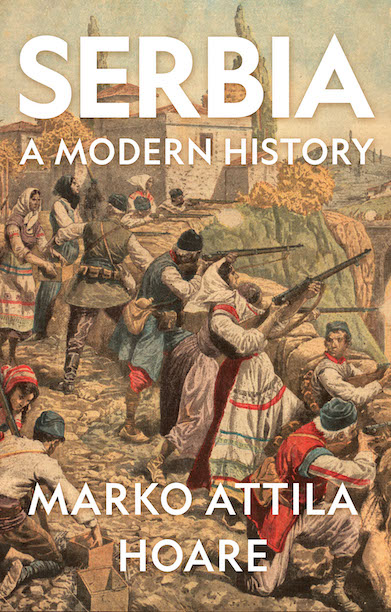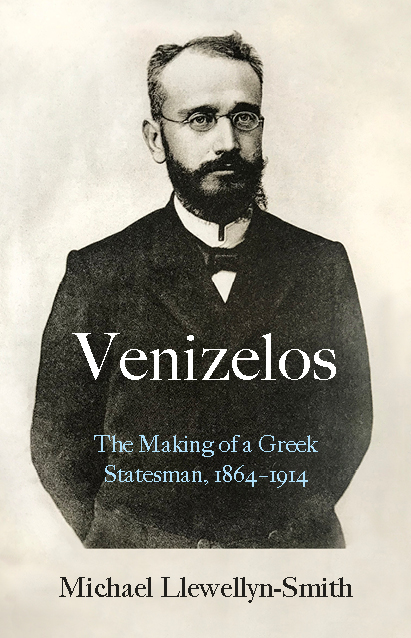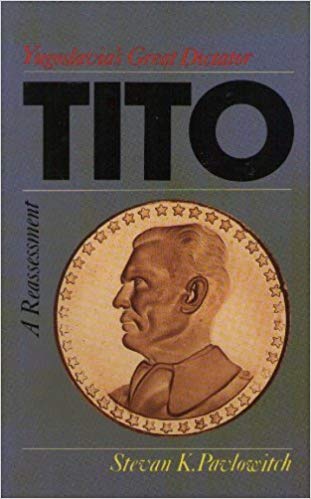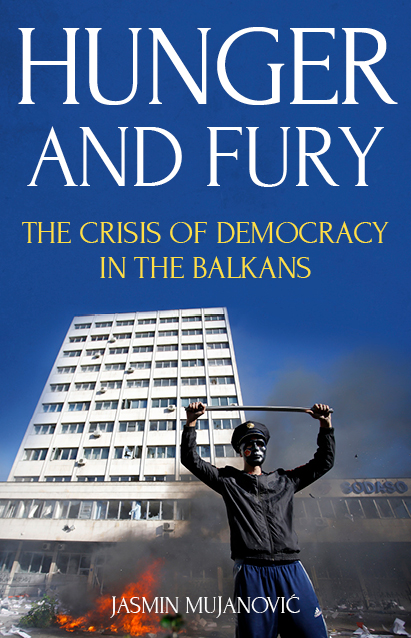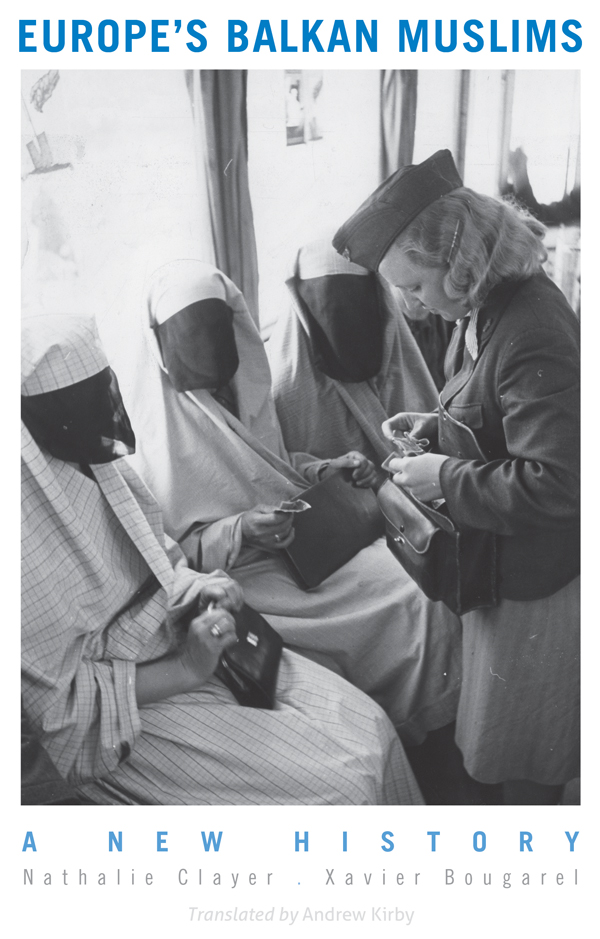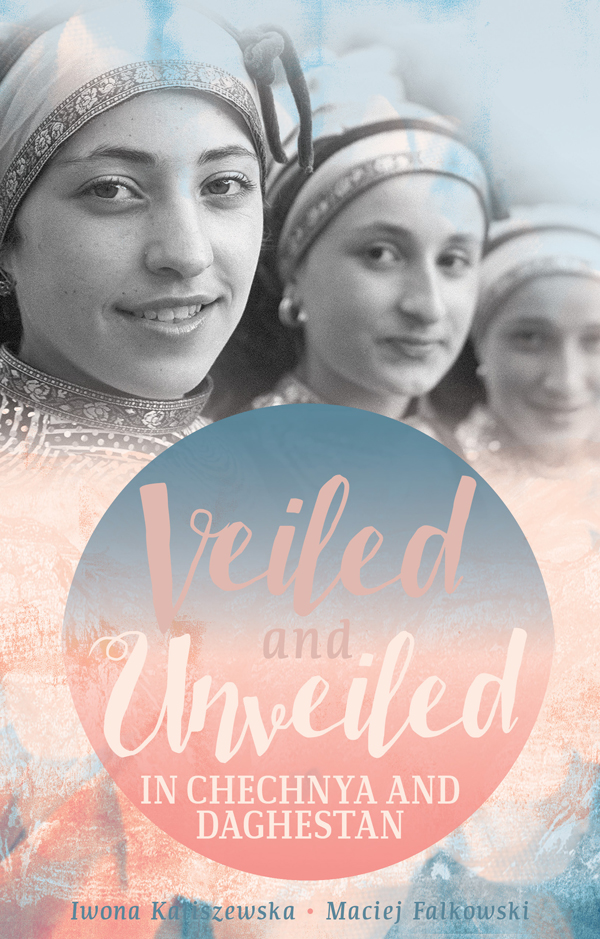Inventing Ruritania
The Imperialism of the Imagination
Examination of Balkan identity in cultural media.
Description
First published in 1998, Inventing Ruritania: The Imperialism of the Imagination achieved a rare combination of critical success, broad readership and enduring academic influence. It is now recognised as a key contribution to the study of Balkan and European identity. Offered by Hurst in a long-awaited and updated paperback edition, Inventing Ruritania is just as topical in the context of Europe’s current turmoil as it was when it first appeared. Vesna Goldsworthy explores the origins of the ideas that underpin Western perceptions of the Balkans, the ‘Wild East’ of Europe. European and Oriental at the same time, the Balkans are tantalisingly ambiguous: simultaneously attracting and repelling outsiders, an exciting alternative to the familiar ennui of the West, both completely different from ‘us’ and exactly as ‘we’ used to be. Writers and filmmakers in Western Europe and America have found in the peninsula a rich mine of images for literature and the movies. In her prodigiously researched but very readable volume, Goldsworthy shows how this lucrative exploitation of Balkan history and geography by the entertainment industry has affected attitudes toward the region. She considers the religious, national, and sexual taboos and fears projected onto Balkan lands, and discusses the political exploitation and media uses of the Balkan archetypes.
Reviews
‘Goldsworthy has done enough research to found an academic department… Inventing Ruritania is a sober, thoughtful and perceptive examination of an entertainment
industry.’ — Washington Post
‘Goldsworthy has certainly chosen a glorious topic. … There is a rich literary vein to be mined here, and Goldsworthy has a nice critical eye.’ — Tony Judt, The New Republic
‘Goldsworthy [seeks] to explain the peculiar form of literary and ideological imperialism visited on the Balkans. [She] explores this history of Western perceptions and prejudices by tracing the development of Balkan images in English literature from Byron through the Prisoner of Zenda, Dracula, Olivia Manning’s Balkan Trilogy and beyond. It is thoroughly enjoyable and peppered with hilarious or hair-raising quotations from some of Britain’s most admired authors. … Remarkable.’ — Misha Glenny, London Review of Books
‘A wonderful study, which incisively analyzes Western stereotypes about the region.’ — Carlin Romano, Chronicle of Higher Education
‘Her argument is energetically sustained, meticulous and gripping in its detail.’ — Times Literary Supplement
‘[A] stimulating book. . . [Goldsworthy’s] subject is a fascinating one, and she has done scholars and commentators preoccupied with contemporary events in the region considerable service in identifying and assessing a lost or at least neglected body of literature. . . Goldsworthy’s study stands out as a distinctive contribution to a host of urgent cultural and political debates.’ — Brian Phillips, Literary Review
‘[A] beautifully written and heavily researched book … that consistently makes connections between earlier and contemporary constructions of the Balkans. … Correspondences between literature and contemporary politics in Goldsworthy’s book are provocative, suggestive, and sparkling with knowledge of both British and Balkan history and culture, making Inventing Ruritania a bold example of an engaged literary criticism.’ — Goran V. Stanivukovic, ARIEL: A Review of International English Literature
Author(s)
Vesna Goldsworthy is Professor in English Literature and Creative Writing at Kingston University and the author of several widely translated and award-winning volumes. In addition to Inventing Ruritania, she published a best-selling memoir, Chernobyl Straw- berries in 2005, which was serialized in The Times and read by Goldsworthy herself as Book of the Week on BBC Radio 4, and a Crashaw Prize winning poetry collection, The Angel of Salonika, one of The Times' Best Poetry Books of 2011.
